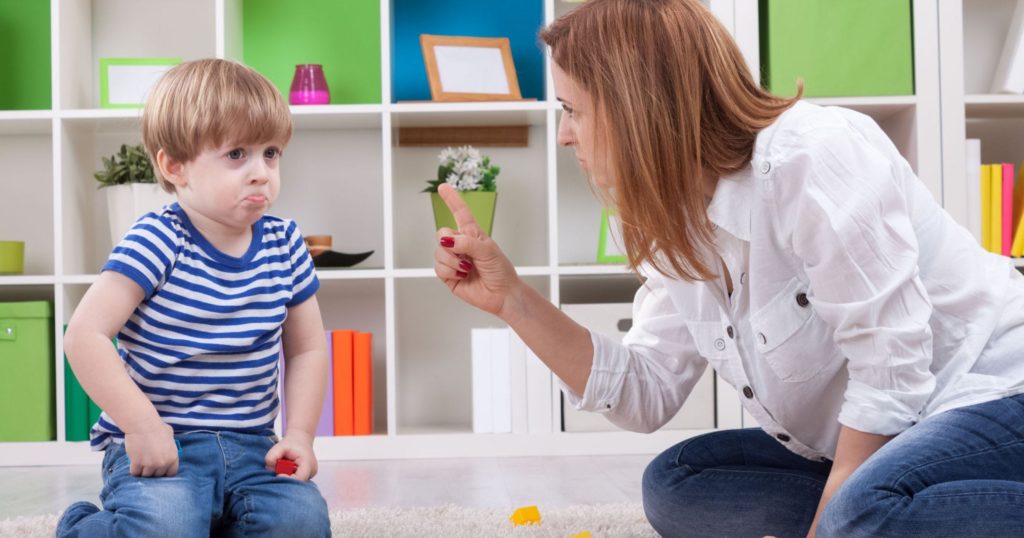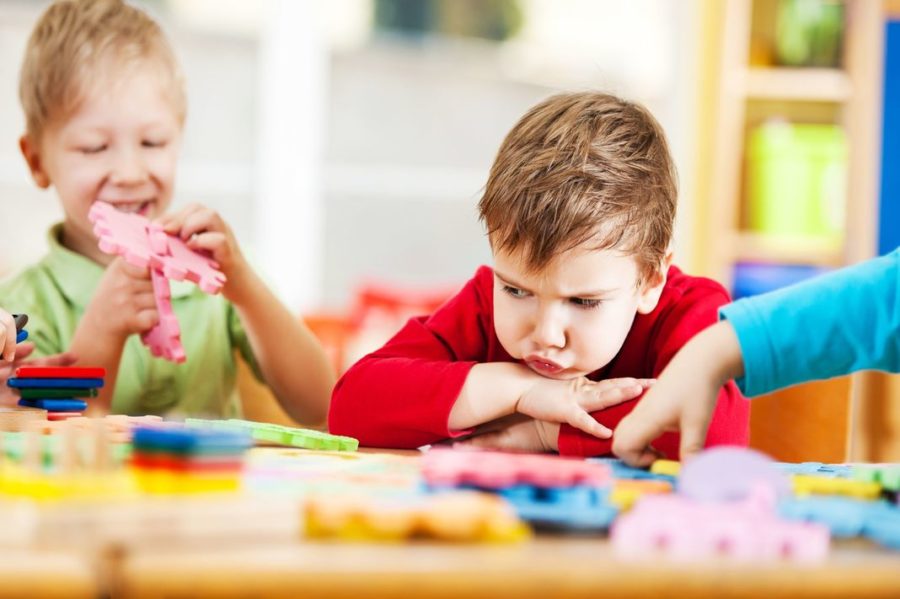Actions and effects are universal and children can understand that every action follows the consequences. It is also one of the best ways of teaching accountability that they observe both natural and logical consequences. Parents, however, frequently find themselves losing ideas in the heat of the moment and struggle to discipline their kids. Keep scrolling down to learn about using natural and logical consequences to improve child’s behavior.
What are Natural Consequences?
Natural consequences are effects that inevitably arise as a result of behavior. For example, if you spoke and were loud in the movie theatre people could call out to you or tell you to be quiet (so other people can hear the movie). If you hit your buddies, they’re definitely not going to want to play with you (because it hurts). Knowing goals ahead of time is good for kids but in many situations, we learn as we go.
Many natural consequences work all alone. For example, I touched an iron when I was five, and burned my finger. That was a natural occurrence and I have never done it again. Logical consequences are often required to help a child take responsibility for its behavior.

Image Source – aptparenting.com
What Are Logical Consequences?
On the other hand, logical consequences are what you enforce as a disciplinary measure upon your child when a rule is violated. They are best associated with bad behavior. Your child, for example, plays inside the house with a basketball despite the strict rule against it and ends up breaking a lamp. The logical consequence is that he must forfeit his allowance for substituting light or for completing additional tasks as a discipline. Another example is that he is prohibited from riding his tricycle in the street, and he breaks the rule. The logical consequence is you are taking his tricycle away for the day.
Negative or positive effects may occur. Going to bed late would leave him out of mood all day long, boring, and frustrating. On the other hand, going to bed early would make sure your child is well-rested, healthy, content, and enthusiastic.
How Do Parents Correctly Use Logical And Natural Consequences?
Consequences are a perfect alternative for the traditional methods of discipline. Here you can use it to the fullest possible extent:
1. Reminding Children of Their Choices
It is best to give you a few options when improving your child’s behavior. Make sure you give him an option in which you can survive and do no emotional harm to him. Rather than a threat like “Stop kicking your brother, or you’ll get a time out! “Tell your child he’s got to sit and think about his actions calmly. The logical result for hitting becomes a position for himself to realize how he feels to be kicked. He will join the family again when he’s ready to play nice.

Image Source – everydaylife.globalpost.com
2. No repeated warnings or penalties needed
Your child must not be threatened or disciplined for such actions if natural or logical consequences are used. You should provide a list to recall them for logical consequences. The logical outcome is for example that you have to take more work and report in-depth on everything that was completed the next time.
3. The consequences should suit the behavior
It is important that the consequence suits perfectly in case of consequences so that the lesson is learned. If your child does not take it after playtime, it won’t make any sense to punish you generally, such as taking out your dessert. The right outcome is, if he does not pick up after himself, he will only get the toy the next day. The logical result of not listening to your warning not to play basketball in the house is that the ball gets confiscated before your child enters the house.
4. Allow the Child to Decide the Consequence
This can be quite an effective technique because children are more likely to be involved in making decisions. Therefore, let your child decide, if possible, what the result will be. This means that if he fails to do so, he will face the consequences. Children also have better consequences when given the opportunity than parents. So take your little one in the decision-making process.
As parents, you will need to consider when to be using natural and logical consequences, since these may be dangerous for the kid and the people around him.
5. Do Not Nag About the Past
Stop saying lines like “You’ll never listen to me,” “You’ll always forget,” but use more positive words like “Nice job cleaning up after yourself.” Appreciate them if they get anything right, and spare as much backlash as possible. Kids react to gratitude rather than nagging. Let their previous mistakes remain there, and reflect on the present and the near future.

Image Source- USA Today
6. Stay Firm and Consistent
It’s important to remain consistent with the rational implications, regardless of how much rage, anger, or guilt the child is conveyed. Remind him that the results are final and he made the choice. Relaxing the punishment merely once encourages the child to use it and try harder and get away with it the next time. Therefore, unless under the conditions it is impossible to execute the logical consequence, stay consistent.
When You Should Not Rely On Natural And Logical Consequences
While natural and logical consequences function much of the time, there are occasions when severe misconduct needs a higher degree of parental involvement. The following are:
- When the child in any way has seriously offended others or fails to do so regularly.
- It may suggest an underlying learning disorder when the child declines to do his homework or shows anxiety.
- For example, risk-taking behavior in teens when the physical safety of the child and those around him is a concern.
- If the kid damages or destroys a peer’s property physically.
Natural and logical consequences are successful tools for compliance rather than intimidation and penalties. They strip away the blame from the kid and replace it with exercises and bring in motion a constructive corrective mechanism.













